11, June 2016
Ali buried in home city of Louisville 0
Rousing tributes have been paid to boxing legend Muhammad Ali at a memorial service in his home city of Louisville, Kentucky. Muslim, Christian, Jewish and other speakers spoke of his fight for civil rights, while a message from President Barack Obama praised his originality.
The interfaith event took place hours after thousands said farewell as his coffin passed through city streets. Ali was buried in a private ceremony attended by friends and family.
BBC


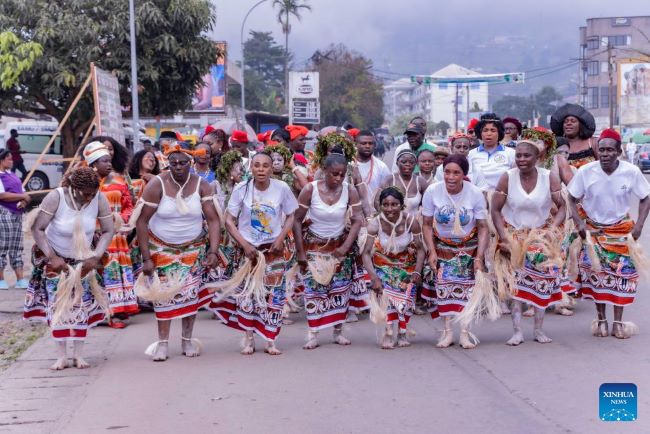

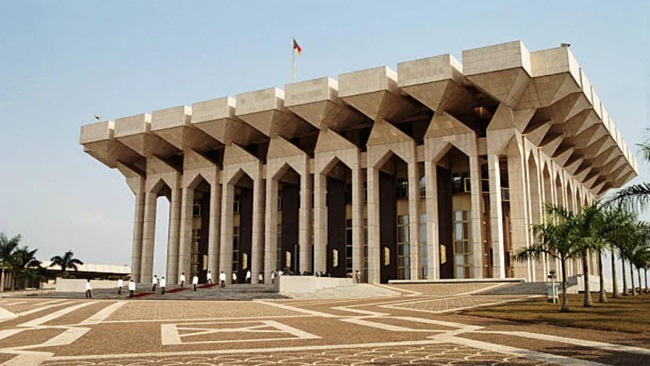
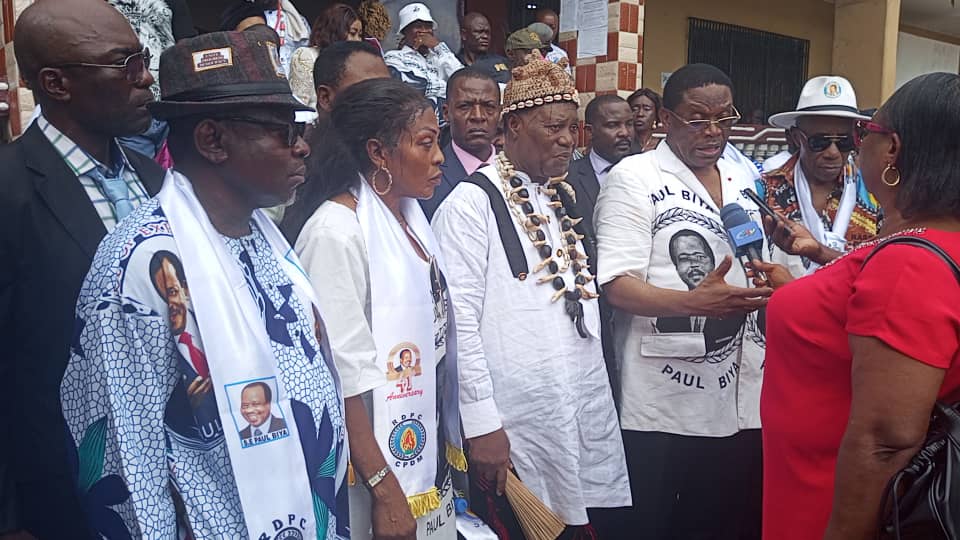







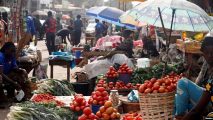



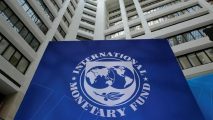

11, June 2016
US bombs Pentagon-trained militants in Syria 0
The US military has acknowledged bombing a Syrian militant unit it had trained and armed purportedly to fight Daesh terrorists in the country, a report says. The incident was the most serious setback for a controversial Pentagon program that is angling to find new recruits for training after last efforts ended in disaster, the Wall Street Journal reported on Friday. The Pentagon carried out a series of airstrikes in and around Syria’s northern town of Mare’ on May 27 and May 28. The Mutasim Brigade, a force of US-trained militants, said one of the airstrikes hit the brigade.
The US military said at the time that three strikes had targeted “two separate ISIL tactical units and destroyed two ISIL tactical vehicles and an ISIL vehicle” near Mare’. But Mutasim Brigade’s leaders told The Journal that one of the airstrikes hit the brigade’s fighters while they were battling Daesh terrorists. Ten US-backed militants were killed in the “friendly-fire incident.” Col. Patrick Ryder, a spokesman for the US military’s Central Command, said an investigation had been launched into the incident. “We will continue our support to counter-ISIL forces and will apply any lessons learned derived from the investigation to improve our operations in the future,” Col. Ryder added.
It is unclear why the US military chose not to disclose the errant airstrike earlier. Col. Ryder told the Journal that the “dynamic and complex nature of the battlefield” led to a lag time in reporting.The US military acknowledged last year that a $500 million program to train and equip militants for Syria had managed to produce only a handful of fighters. The mission was halted under mounting pressure from members of Congress. However, new training efforts were launched this year for more “vetted” recruits. Daesh terrorists, who were among the militants initially trained by the CIA in Jordan in 2012 to destabilize the Syrian government, now control parts of Iraq and Syria. They are engaged in heinous crimes against humanity in territories under their control.
Presstv